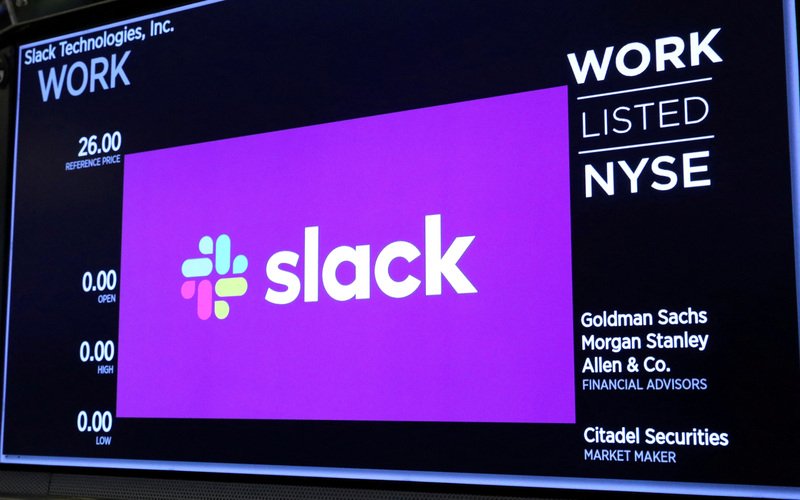Thursday’s U.S. Supreme Court ruling granted Salesforce Inc.’s (CRM.N) Slack Technologies another chance to avert a lawsuit over its 2019 direct listing.
In a 9-0 majority, the justices overturned a lower court’s decision to allow shareholder Fiyyaz Pirani’s proposed class action case to advance under an inaccurate interpretation of federal investor protection legislation. Direct listings are alternatives to IPOs.
The court ordered the San Francisco-based 9th U.S. Circuit Court of Appeals to reconsider.
Pirani sued for Securities Act of 1933 violations under Sections 11 and 12. Pirani argued that the company’s registration statement and prospectus for its direct listing lied regarding service interruptions, customer credits, and competition from Teams, Microsoft’s (MSFT.O) competing software.
Slack argued that Pirani could not establish he bought registered shares instead of exempt shares, so the action must be dismissed. SEC-filed registration statement.
Justices supported Slack. “Plead and prove that he purchased shares traceable to the allegedly defective registration statement,” conservative Justice Neil Gorsuch wrote in the opinion. In 2021, Salesforce bought Slack for $27.7 billion.
Slack believed that Section 11 of the Securities Act, which allows plaintiffs to sue for registration statement falsities if they bought “such security,” applies to registered shares. Section 12 addresses untruths in security prospectuses.
Direct listings, allowed by the SEC in 2018, offer registered and unregistered shares of early investors to the public simultaneously. An IPO sells newly registered shares to the public while preventing current shareholders from selling their unregistered shares for months.
Slack’s direct listing released 118 million registration statement shares and 165 million pre-existing exempt shares. Pirani sued after Slack’s shares fell.
In 2021, the San Francisco-based 9th U.S. Circuit Court of Appeals rejected Slack’s effort to dismiss the case because Pirani could not prove his shares were registered, saying the reasoning in the context of a direct listing would “create a loophole large enough to undermine the purpose of Section 11.”


















































